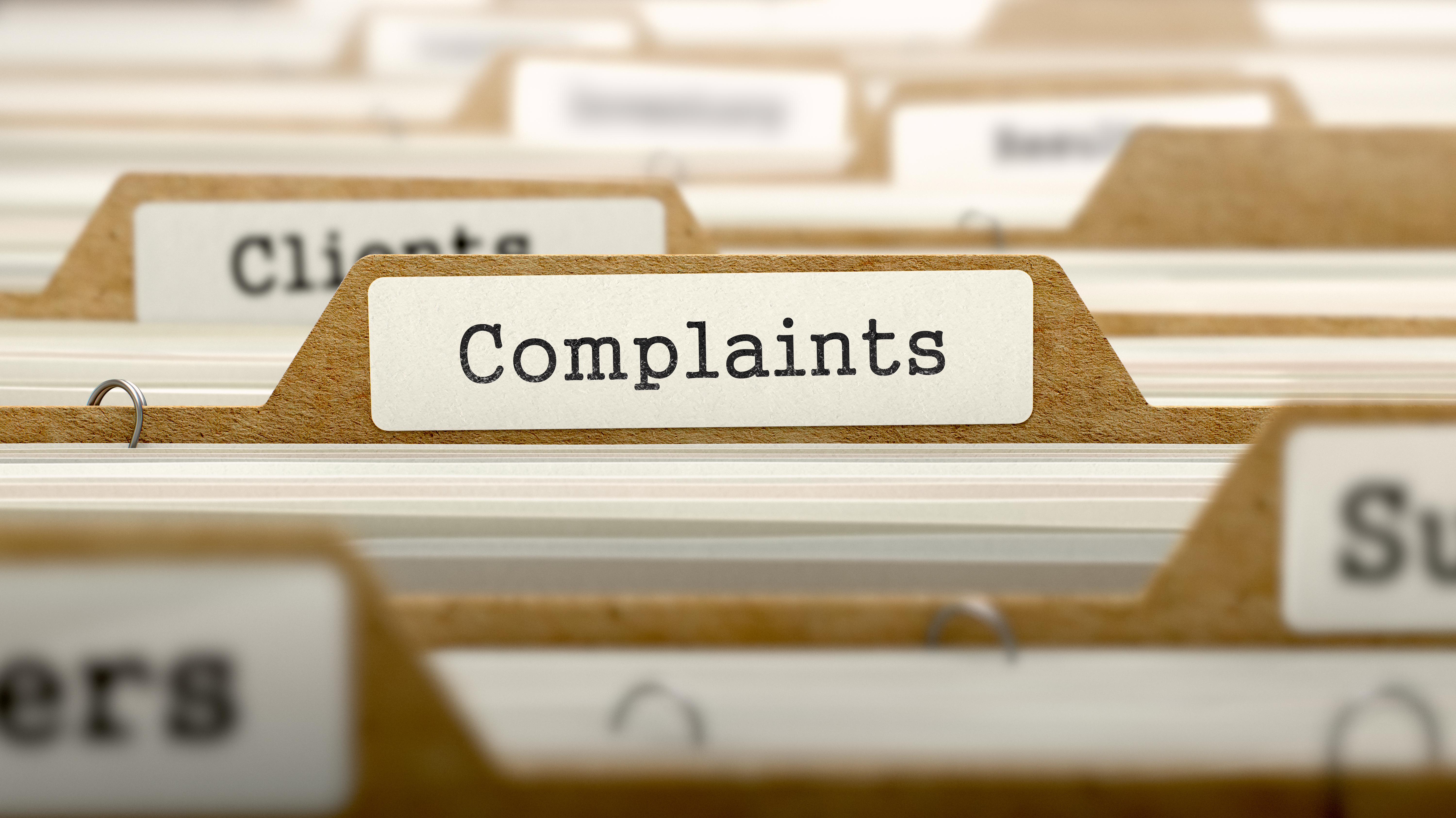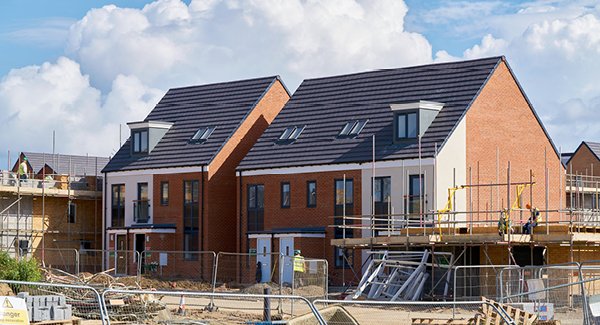Social Housing Communication: Complaints Procedure Templates and More
Communication and engagement between tenants and landlords in the social housing sector are crucial for fostering harmonious relationships and resolving complaints. Without an open communication stream, roadblocks are likely to occur, which can cause friction between landlords and tenants.
.png?width=1080&height=566&name=GovNet%20Blog%20(1).png)
To maintain a strong relationship with tenants, housing associations must focus on transparent communication while showing a willingness to help with any issues.
Using housing management software or following a complaints procedure template can improve communications and make a more efficient problem-solving process.
Transparent and Accessible Communication
Communication is one of the most critical factors in building positive landlord-tenant relationships. Two-way collaboration is essential in this regard.
Landlords should be easy to reach, responsive, transparent and honest. They should also be attentive to tenant needs and meet their expectations wherever possible. It's also vital for landlords to set clear initial expectations about the tenancy to avoid misunderstandings or issues further down the line.
It's also essential for tenants to maintain a good communication stream with their landlords, updating them on any issues they may need to be aware of. This allows landlords to rectify any problems before they escalate.
The means of communication is also a factor for landlords to consider, as not all communication channels are appropriate for every tenant. For example, some older tenants may be uncomfortable with emailing or text messaging.
Keeping a friendly and professional tone and adapting communications to suit each tenant is the best way to maintain a positive relationship. This means any potential issues can be resolved efficiently and without hassle.
Involving Tenants in Decision-Making
The involvement of tenants in decision-making is an excellent way to improve landlord-tenant relationships. By involving tenants in the decision-making process, tenants will feel valued and be more open to cooperation with landlords.
Tenant participation gives residents a say in how their housing services are delivered. This can also benefit landlords as it helps them develop their overall service.
Residents should be given the opportunity to get involved at a level which suits them. Different tenants will express different interest levels, so adopting a unique approach for each resident is essential.
Using Technology to Streamline Interactions
Housing associations are likely to manage many tenants, so it may be challenging to keep on top of all records and communications. However, with the use of appropriate software, it becomes much more simple.
Property management software alleviates some of the pressure on landlords to maintain good tenant communication, as many instances of communication can be automated. This includes things such as rent reminders, renewals and more. Using software can help to streamline the communication process and give tenants all the essential information they need.
With this software, tenants can also access an online portal. In this portal, they can access information such as payment history, maintenance tickets and lease information. The accessibility of this information means tenants can often find answers to queries, meaning they'll only reach out for matters that the information in the portal can't address.
Some property management systems also log message history between tenants and landlords, meaning either party can refer back to their messages if needed.
Complaints Procedure Templates
Having a suitable complaints procedure in place will assist landlords in maintaining good communication with their tenants. If a tenant is aware of the complaints procedure, they will know what to expect when submitting a complaint.
A complaints procedure template may look like this:
- The tenant notices an issue with their service or provider
- The tenant logs the complaint with the provider
- Evidence is supplied for the complaint
- Time is allocated for the provider to investigate
- If the complaint goes unresolved, it may be escalated to the Housing Ombudsman Service
- Evidence is supplied to the Ombudsman
- The Ombudsman mediates to work on an appropriate solution.
Handling complaints using a set process ensures landlords and tenants know what to expect when issuing or rectifying a complaint and can streamline the process for all involved. It also helps to improve communication between the landlord and the tenant.
Strategies to Enhance Communication
Clear, transparent communication is the key to any lasting landlord-tenant relationship. Without a good communication stream, friction can develop, causing connections to break down and compromise the tenancy.
To achieve a good communication stream, housing associations should be open, approachable, honest and committed to helping their tenants resolve any issues.
There are several ways in which landlords can improve their communication to help nurture their relationship with tenants:
1. Be Friendly and Professional
How you communicate with tenants is a crucial factor in fostering positive landlord-tenant relationships. Landlords should endeavour to communicate in a friendly, positive manner while remaining professional.
A friendly approach helps residents to feel at ease when communicating with landlords. If landlords appear approachable, tenants will feel more comfortable communicating issues and be more cooperative during the resolution process.
2. Utilise Policy Reminders
As rental agreements contain many policies, opting to send the occasional friendly reminder can be an excellent way to ensure tenants adhere to the policies outlined in the lease.
Due to the volume of policies outlined within a rental agreement, it's unrealistic to expect tenants to remember every fine detail. Policy reminders can gently alert residents to specific information and prevent further complications.
3. Anticipate Problems
Maintaining regular contact with tenants can better equip landlords to anticipate problems. With regular contact, landlords can get to know each tenant's personal circumstances, helping them identify any issues before they occur.
Issues can range from late rental payments to maintenance issues. If a landlord is approachable, residents will feel comfortable discussing these issues with their landlord so a resolution can be reached.
Final Thoughts
Communication is vital in fostering positive relationships between tenants and landlords. Good communication is paramount to resolving issues promptly and ensuring tenants adhere to the policies outlined in their tenancy agreement.
Complaints procedure templates or property management software can help facilitate healthy tenant-landlord relationships. Being professional and friendly during all communication is also beneficial.
Helping tenants feel valued and respected is vital in building and maintaining positive relationships. Transparency is also crucial, with landlords and tenants needing to keep each other updated on any changes, issues or concerns regarding the property. Only through collaborative efforts can tenant complaints be minimised, and processes can be improved.
To learn more about tenant-landlord engagement and the best strategies for handling communications, resister for our tenant engagement course and gain invaluable insights from industry experts.



